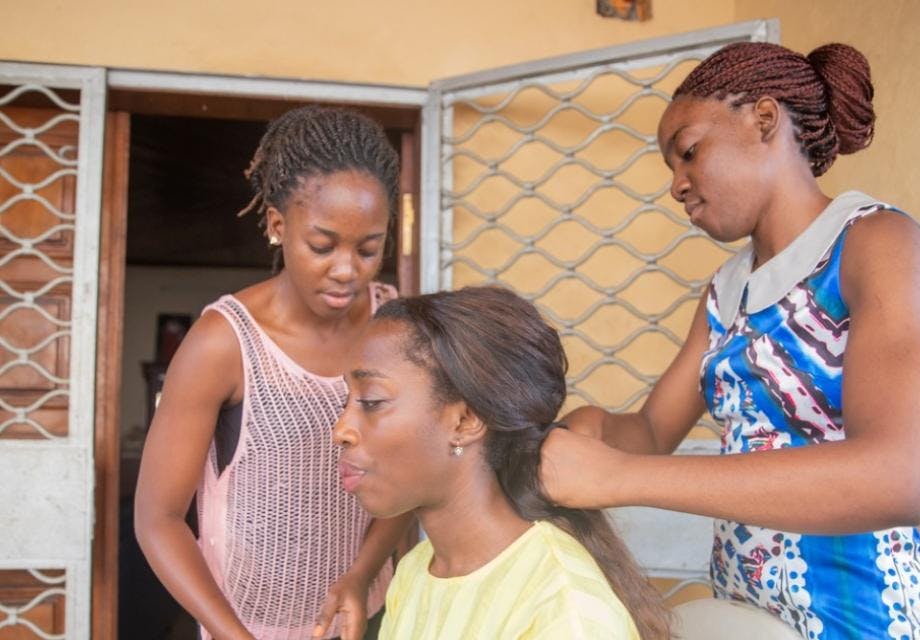“Information that people in the community have is false”
Hester Phillips
19 October 2023
In Zimbabwe, young women are steering clear of long-acting contraceptives, driven by widespread misinformation that they harm fertility
Improving access to long-acting contraceptives like implants has been seen as critical to preventing unintended pregnancies. But research from Zimbabwe suggests young women are likely to reject long-acting methods due to the misconception that they harm fertility.
What is the research about?
Researchers interviewed 28 young women (ages 16-24) accessing HIV and sexual reproductive health services (SRH) from community-based sites in Harare, Bulawayo and Mashonaland East between 2019 and 2022. They also interviewed healthcare workers providing these services.
Through the service, young women could get short-term hormonal contraception like contraceptive pills, medium-term methods like injectables and long-acting methods like implants and coils.
Why is this research important?
Sub-Saharan Africa has the highest teenage pregnancy rate in the world. Approximately 35% of these pregnancies are unintended. SRH interventions that are trying to reduce unintended pregnancies among young women are having limited success. There is a need to understand why. Especially as methods now exist that provide long-term contraceptive cover without the need to take a daily pill or negotiate condom use.
What did they find out?
Only 39% of women who used the SRH service used the family planning service. Of these, less than 4% chose to use long-acting contraception.
Young women’s contraceptive choices were influenced by the view that women should not have sex before marriage. And, once married, women should not use hormonal contraception until fertility has been ‘proven’ by having a baby.
Hormonal contraception was seen as a direct threat to young women’s ability to have children. As a result, young women mainly used condoms (but not consistently) or no contraception at all. They saw this as the best way to ‘preserve’ their fertility until they had at least one child.
Young women picked up these views from trusted adults, peers and some healthcare workers.
One young woman, who had an unintended pregnancy while still in school, explained: “We were told it’s not advisable to use family planning before you have a child. The providers at the clinic just advised us to use condoms. I used to track my days and not have sex when I was ovulating. I guess that I was not an expert on that, which is why I fell pregnant because my partner never loved using condoms.”
After having one child, young women saw hormonal contraceptive as acceptable to use to space out other children. But many still did not want to use long-acting methods. They mistakenly believed the ‘threat’ to fertility increased in relation to the length of time they used hormonal contraception. For some, this meant injections were acceptable as they last for three months.
A few young women in the study knew hormonal contraceptives do not risk fertility. They actually preferred long-acting methods as they are the most discrete.
CHIEDZA staff said they took time to counter misconceptions. One said: “Information that people in the community have is false…[It] takes time for one to understand all the information, and with time the clients come back and switch the methods from pills to implants.”
What does this mean for SRH services?
Simply providing access to contraception is not enough. It is essential to understand why young women will or won’t use what is being offered. Once that is understood, efforts can be made to address these views.
This can be done by providing accurate information and building young women’s health knowledge of contraception. It is also essential to build trust with influential community members, health providers, young women and their partners.
There is also the need to challenge the view that young women do not need contraception until they are married, as many are sexually active before this.
Get our news and blogs by email
Keep up-to-date with all our latest news stories and blogs by signing up to the Be in the KNOW news digest.
